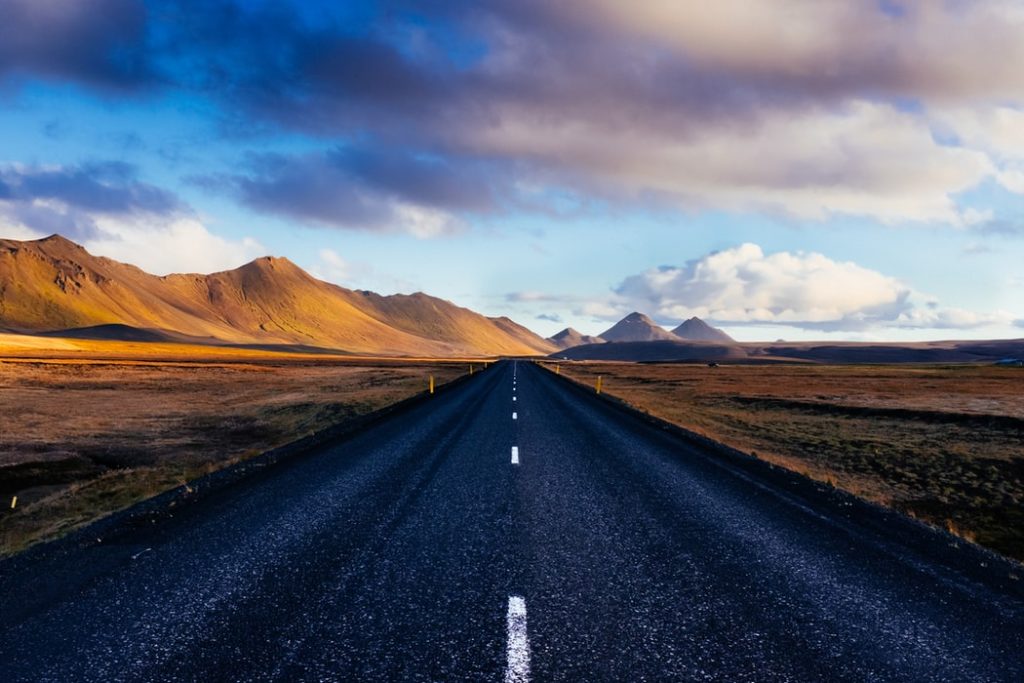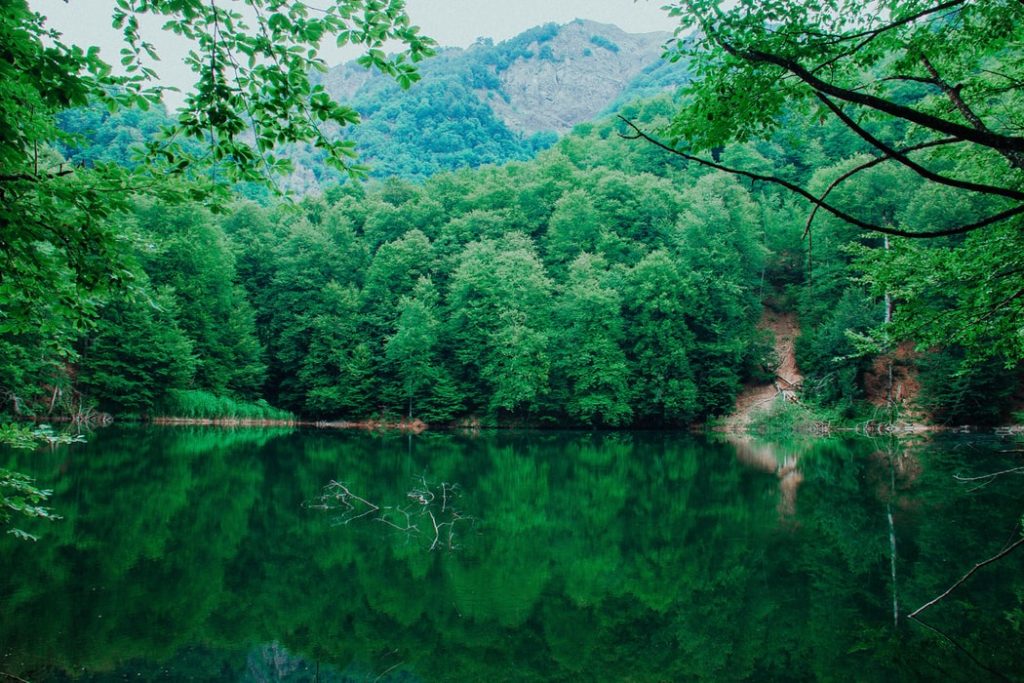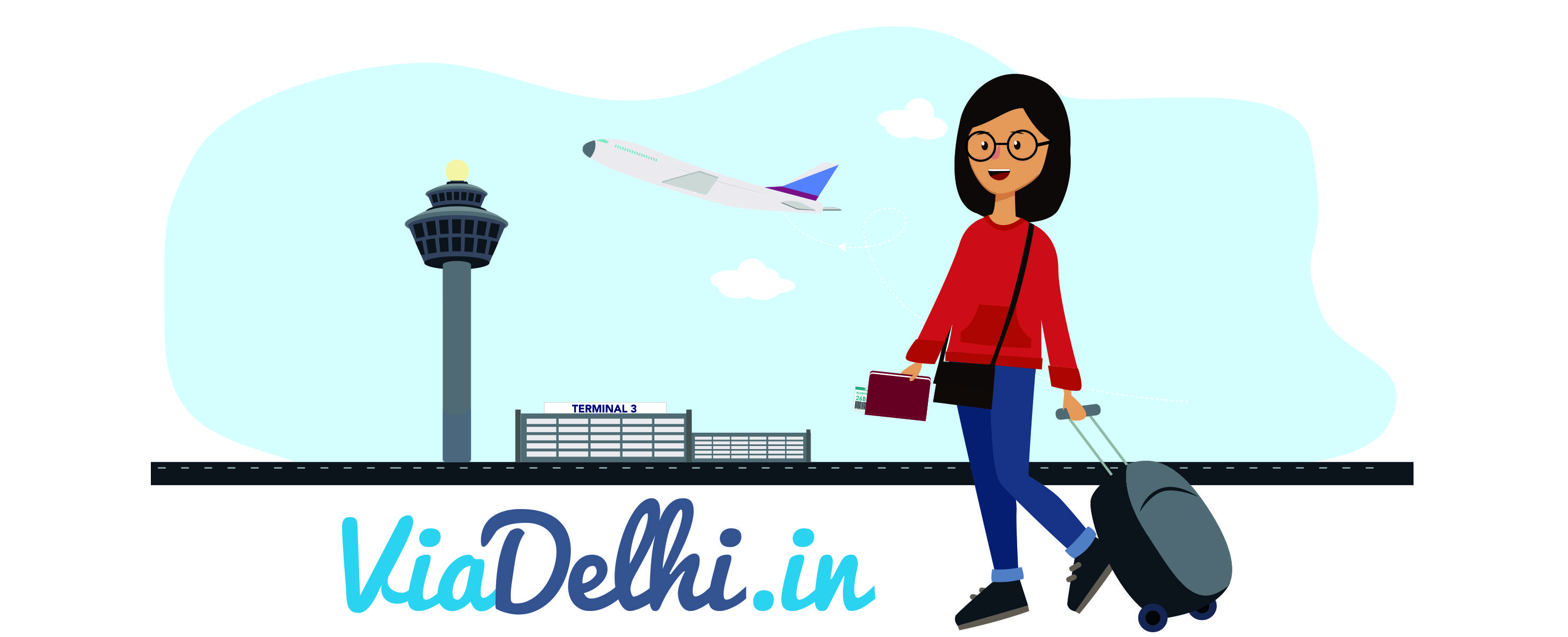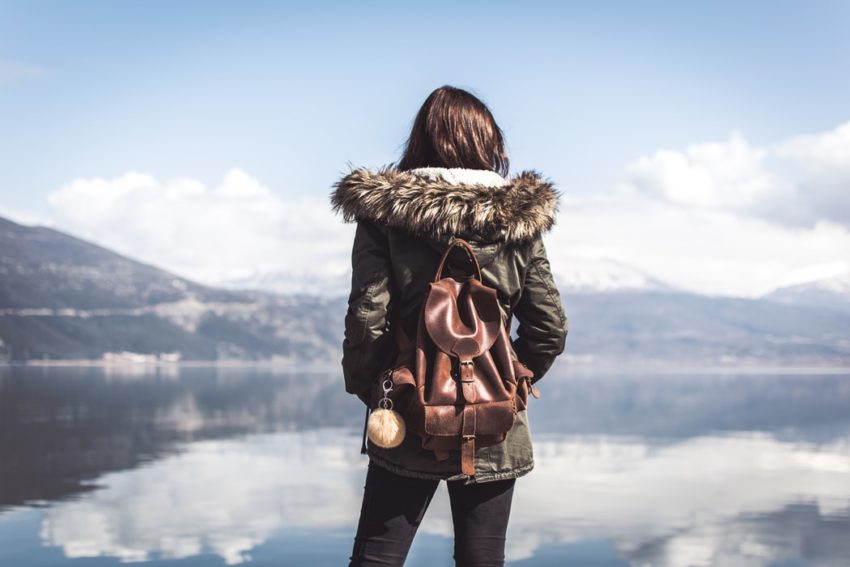There is no doubt in anyone’s mind that the travel industry will revive after the Coronavirus pandemic. It may take some months for things to become normal (or the new normal), but the industry is resilient and has seen many crises and found its way back. But the question is, will travel after Coronavirus be the same?
Missing travel? See the world from your computer screen at home!
Many businesses will go under (British carrier Flybe has already collapsed): cruiseliners, airlines, travel agencies and hotels and restaurants are at risk and might not be able to recover from these losses. This summer is going to be tough as travels all over the world have been cancelled/postponed and countries have closed borders. However, we’re also anticipating major shifts in travel after Coronavirus.
Post Coronavirus Travel Trends
We’re looking at a new dawn after the pandemic dies down. It might still be months till we can travel with (relative) ease, but the pie chart will look dramatically different. Here’s what we’re expecting in the coming months.
Domestic Travel Will Surge
It’s most likely that international travel will slow down because people would still be apprehensive about international destinations, and air travel in particular. Conversely, travellers will find destinations close to home and take a chance to explore their own countries, so they don’t have to travel longer distances. Expect Google searched on ‘offbeat destinations in India’ to avoid crowds. Another reason is that the econony would be badly affected and the loss of income will affect travel after Coronavirus. So cheaper, budget trips close to home will be the best option for many.
Short Getaways Instead Of Longer Breaks
Rather than doing two-three weeks in Europe, travellers in India might just do four-five days in an Indian destination. Staycations and weekend getaways will be popular than ever before and you can expect hotels to be booked out solid on long weekends.
More Roads Trips & Camping

Driving to the hills, coastal road trips and camping in national parks might rise. We have started appreciating nature and the outdoors more after being locked down, so it might lead to travellers finding new avenues to stay close to nature. Plus, less crowds in the jungles versus the cities.
To travellers, the post-Coronavirus world seems different too. I talked to women and tried to find out how their idea of a trip will change after it’s again safe to take a flight and visit a city. This is what they said.
Will Coronavirus Change How We Travel?
There are lots of memes going around of how travellers will react when this is over. I’m afraid it might not be that simple. It’s possible that some countries may get hit with a wave later, who have been reporting better statistics right now. Some might impose strict laws (Australia might close its borders for six months). And of course, travellers will be much more apprehensive about going to the worst-affected countries, China, Iran, Italy and the US, in the coming months. So the obvious choices, like Europe, may go down on the bucketlist list of travel after Coronavirus.
Travellers Will Be More Careful
This may be a good chance for Indians to explore domestic destinations. Smriti Mamgain, Brand Marketing Head, John Jacobs Eyewear, has Andamans on her mind. She’s also planning to invest more into her itineraries and take necessary precautions, rather than avoiding a destination due to fear. “I will respect boundaries and laws in case some place is off limits for a particular period or if generally people are advised to not visit.”
Aishwarya Dravid, Founding Editor, Luxeva, says she will definitely be more careful than ever before. “Even if airports do open up, everyone will be at a risk till the time a vaccine has been created. So whenever I do travel, I’m definitely going to wear gloves, carry a sanitiser and take all the precautions necessary.”
Travellers may also avoid street food, no matter what the country, says a professional who works in the travel industry. They may also go for short trips, instead of going away for 10-12 days, in case the pandemic strikes back and the borders are sealed again. “Countries may lean towards reducing overpopulation of landmarks and monuments and there may come a time when countries may want quality over quantity when it comes to foreign arrivals. This may not be such a bad thing in the long run,” she adds.
Travel Will Inspire Gratitude
People will be more grateful for these experiences after the lockdown, Manavi Siddhanti pointed out. A content creator and blogger at Be for Beauty, Manavi wants to go back to her happy place, Bali, with a newfound gratitude, but she expects stricter regulations, especially in Europe, where borders don’t mean much. “A walk from my sister’s house to my hotel took me from Switzerland to France and that’s how Coronavirus spread.”
For Simran Kodesia, Airbnb’s Communications Lead, the world borders closing is a scary thought. “Every time I travel, I will be more grateful, more appreciative of people I meet and maybe click a selfie at the airport too, a place I really have missed.”
Responsible Travel Will Be More Important

Nature has given us evidence that we have been causing too many disruptions. We’ve noticed cleaner air, transparent water and chirping of birds now that human intervention is far less with industries shut down and travel is down to bare minimum. Travellers have been getting more conscious of their carbon footprint in the recent years and sustainability has been a buzzword in the travel world for years. Ruchira Bose, former editor of Travel+Leisure India & South Asia and a consultant to environmental impact firm GIST Impact, admits that she has reduced her travel as a vegan person. “Travel is by far one of the most polluting industries. It can be sustainable, but a very small section of consumers and brands don’t take sustainable measures. So by reducing my own footprint, I hope to contribute less to this catastrophe.”
Travel writer Kiran Mehta is also rethinking her relationship with nature. As a writer, she’d like to read and write more stories about conservation. “Post the pandemic, we are going to see a surge in outdoor travel. For instance, stories that take readers through national parks, or to natural wonders, etc. Since food and travel stories go hand-in-hand, we will be reading more about vegetarian food and plant-based cuisine. I think ‘cruelty-free’ will be the buzzword.”
Stringent Screenings Will Become A Norm
…at least in some countries. Nitya Uppal, Content Manager at Tata CLiQ, thinks every country will handle it differently, and in India, it will die down sooner than expected. She travelled to Delhi from Mumbai two weeks ago and she didn’t see anything out of the ordinary. “There wasn’t a sanitiser in sight at the airport. No one took my temperature and there were travellers without masks. If they’re not taking the precautions when the numbers are rising, I wouldn’t expect them to do it once we’re out of this phase.”
Ruchira expects thermal scans in many countries. “I wouldn’t be surprised at more detailed medical histories being demanded during visa processes, or more detailed scans at immigration checkpoints for countries that were already particular about controlling foreign biologicals entering their ecosystem.”
Travel writer Naina Rajpal agrees. “Temperature screenings will become the new normal at airports, concerts and large public gatherings. I also foresee health certificates becoming as important as visas. New standards of hygiene will definitely be set in restaurants, perhaps a sanitiser on every table, beside your candlelit dinner. Hotels will begin displaying badges of cleanliness – much like a Michelin Star or a TripAdvisor stamp,” she predicts.
Featured Image: Unsplash


very true! pretty spot on with observations apeksha
A very thought through article. This pandemic is giving everyone an opportunity to slow down, reflect on our place in the world and how we’re living. The planet doesn’t need us to exist, we need the planet to exist. As a frequent traveller, here’s what I’ve done to lower my carbon footprint. Eat vegetarian diet, shop only what I desperately want, book hotels with sustainability measures and don’t toss rubbish around.
True.. there will be lots of surge in domestic travel.. and in India especially people will travel to those states more which were least impacted. NorthEastern states like Meghalaya have reported no or very few confirmed cases. So I expect quite a few people catching a break by travelling to these states